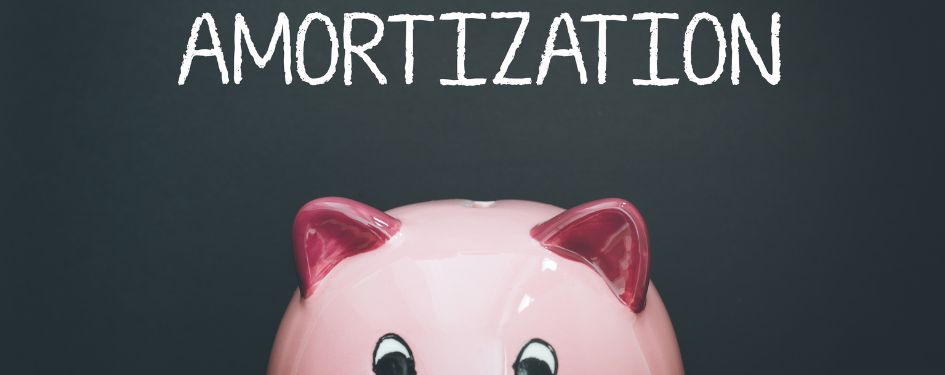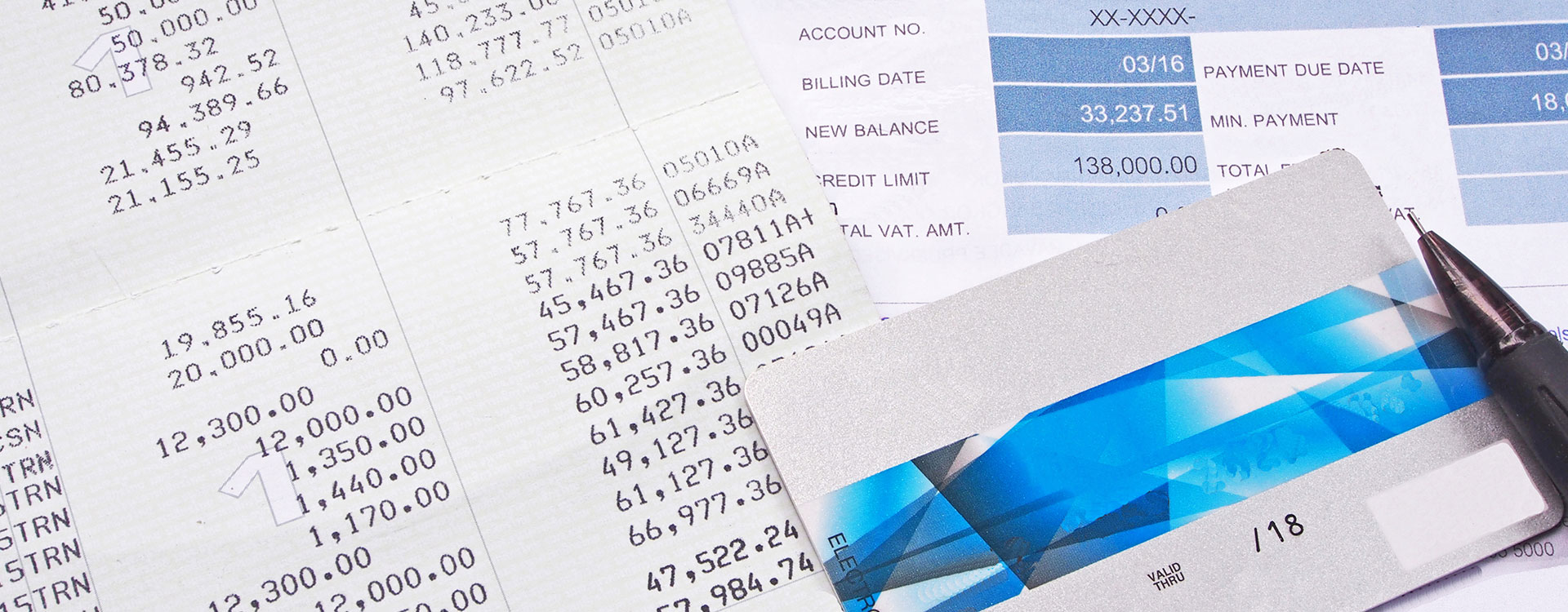When amortization is used in connection with a loan, it refers to the process of repaying the amount borrowed in fixed installments.
In the vast and often bewildering world of finance, terms like “loan amortization” can feel like stumbling upon a cryptic mathematical code.
But what does it mean and why is it important?
KEY TAKEAWAYS:
- Loan amortization is the process of paying back the money you’ve borrowed in set increments.
- An amortization schedule is a visual breakdown of all your monthly payments.
- Knowing the difference between positive and negative amortization is of great importance if you want to become debt-free.
So What Is Loan Amortization Exactly?
The concept of loan amortization lies at the heart of debt repayment, serving as a guiding principle in the process of returning borrowed funds to lenders.
At its core, loan amortization embodies the systematic reduction of debt over time through scheduled payments, each meticulously crafted to encompass both principal and interest components.
To visualize this journey, borrowers often turn to an amortization schedule, a comprehensive breakdown of monthly payments that illuminates the trajectory of debt repayment.
But what precisely does loan amortization entail in the context of borrowing? In essence, it signifies the structured repayment of borrowed funds in fixed installments, a process that unfolds over the duration of the loan term.
With each installment, a portion is allocated to cover accrued interest, while the remainder chips away at the principal balance. This delicate balance between interest and principal forms the bedrock of loan amortization, charting a course toward eventual debt liberation.
Distinguishing Positive from Negative Amortization
In the realm of financing, the dichotomy between positive and negative amortization looms large, shaping the borrower's experience and outcomes.
Positive amortization epitomizes the conventional trajectory of debt reduction, wherein each payment incrementally diminishes the outstanding balance.
Conversely, negative amortization surfaces when minimum payments fail to offset accrued interest, leading to a paradoxical scenario wherein the debt burgeons despite regular payments.
Consider, for instance, the plight of a credit card holder making only the minimum payment each month. If this payment falls short of covering the accrued interest, the outstanding balance may swell, perpetuating a cycle of debt accumulation.
To navigate this perilous terrain, borrowers are advised to make larger payments, thereby mitigating the risk of negative amortization and hastening the path to debt freedom.
The Mechanics of Amortization Across Different Loan Types
Personal Loans: A Gateway to Financial Flexibility
A personal loan is a versatile financial instrument tailored to meet a myriad of needs, from debt consolidation to home renovations.
With repayment terms spanning from 12 to 60 months and interest rates reflecting a spectrum of possibilities, personal loans offer borrowers a pathway to financial flexibility.
The journey of loan amortization for personal loans unfolds against a backdrop of varying rates and terms, each intricately intertwined with the borrower's unique circumstances. A higher credit score may unlock access to lower interest rates, thereby reducing the overall interest burden over the loan's lifespan.
As borrowers navigate the landscape of personal loans, a nuanced understanding of amortization illuminates the path toward optimal financial outcomes.
Fixed-Rate Mortgages: Building Dreams, Brick by Brick
For aspiring homeowners, the fixed-rate mortgage stands as a beacon of stability in an uncertain world. With its steadfast commitment to predictability, the fixed-rate mortgage employs amortization as a means to gradually retire the borrower's debt burden.
Unlike personal loans, fixed-rate mortgages often necessitate a down payment, a pivotal determinant of both loan balance and interest rate.
A larger down payment not only reduces the loan balance but also enhances the borrower's bargaining power, potentially securing more favorable loan terms.
As borrowers embark on the journey of homeownership, a nuanced understanding of amortization paves the way toward informed decision-making.
Auto Loans: Cruising Towards Ownership
Picture the thrill of the open road, the wind in your hair as you traverse the highways and byways of life.
Before embarking on this adventure, however, there lies the task of securing an auto loan – a financial instrument designed to facilitate vehicular ownership.
Much like mortgages, auto loans leverage the purchased vehicle as collateral, tethering the borrower to a predetermined amortization trajectory.
The amount borrowed, coupled with the down payment, influences the amortization and subsequent monthly payments. While a longer repayment period may yield a more manageable monthly payment, it also entails a greater cumulative interest burden over time.
As borrowers navigate the realm of auto financing, a nuanced understanding of amortization empowers them to chart a course aligned with their financial objectives.
Final Thoughts On Loan Amortization
As we draw the curtain on our exploration of loan amortization, one truth emerges clear and resolute: an understanding of this concept is indispensable in the journey toward financial empowerment.
Whether navigating the labyrinthine landscape of personal loans, fixed-rate mortgages, or auto financing, borrowers equipped with the tools of amortization wield a potent instrument in their quest for fiscal prudence.
How Credit9 Can Help You
At Credit9, we offer loan options that could provide you with the financial solution that works best for you.
Since 2018, Credit9 has provided over $460 Million in loans to over 36,000 of our customers, and we’re confident we can help you too.
For more information about Credit9’s unique debt consolidation services, contact us today to see how we can help you consolidate your debts and receive a free, no-obligation, and fully-customized Credit9 loan solution!
Debt Consolidation Loan





 Clear Language Establishes Trust And Minimizes Anxiety When It Comes To Finances
Clear Language Establishes Trust And Minimizes Anxiety When It Comes To Finances
 The Best Ways To Loan Money To Friends And Family
The Best Ways To Loan Money To Friends And Family
 Paying For A “Delete” (Is It A Good Idea?)
Paying For A “Delete” (Is It A Good Idea?)